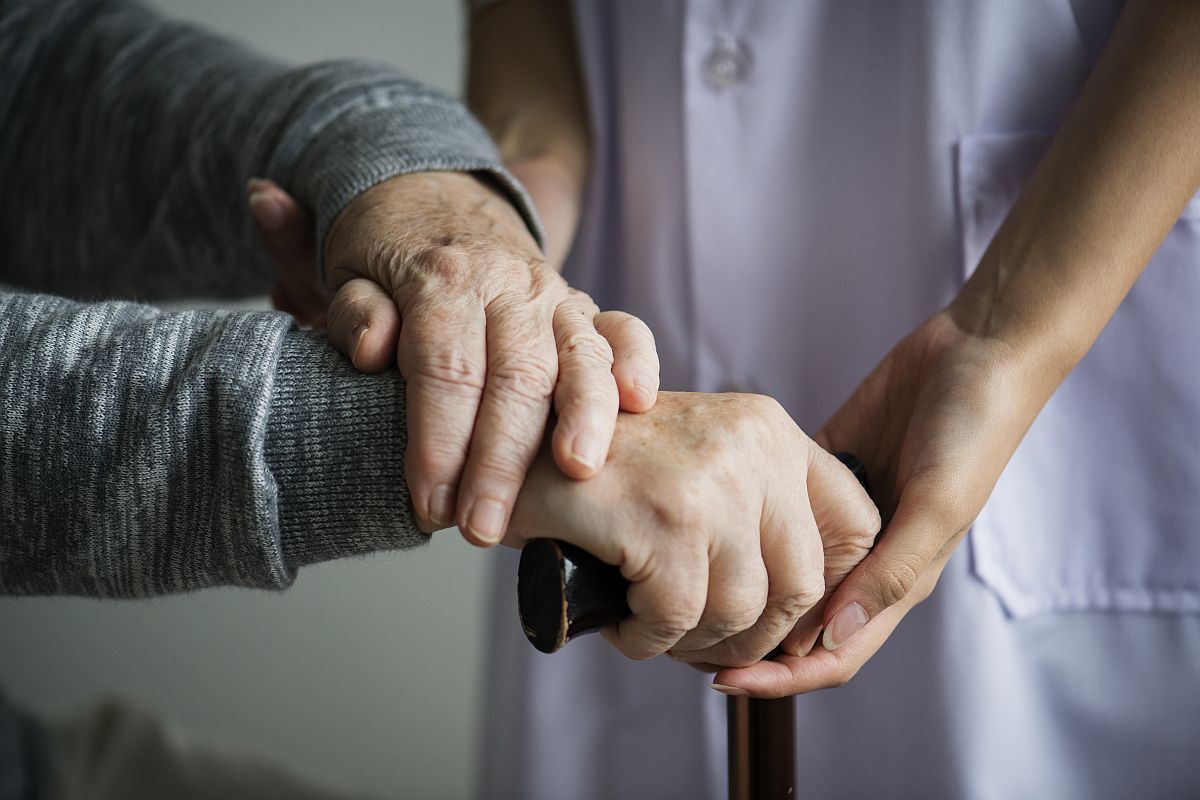KUALA LUMPUR, June 22 – To cure an illness basically means finding the source of pain and treating the symptoms that occur. For instance, if you have a fractured leg, an orthopaedic surgeon may be all you need to heal it.
However, when older adults are faced with debilitating medical conditions, it takes more than just sending them to the right doctor and having the symptoms treated.
They require the gentle touch of a geriatrician who will not only look at their medical problems, but also delve into their physical functions, intellectual functions, emotional wellbeing, and be their social support when required.
As the world’s population continues to age, geriatric care is evidently an important aspect in any health care facility.
Dr Teh Hoon Lang, consultant geriatrician at Sunway Medical Centre, said that it is important for geriatricians to not only diagnose the immediate medical issue, but also to comprehensively understand the patients holistically.
“Some problems among older patients may not be identified by usual examinations, but a touch from a geriatrician can open up a patient’s heart. Human touch is very important in medical practice, something we still need even with technology,” said Dr Teh.
Delving Deeper
Geriatric care is a very specialised and unique form of health care that provides comprehensive, personalised, and multidisciplinary care for the ageing population to enhance their quality of life and wellbeing.
Geriatricians are skilled in identifying age-related conditions, functional impairments, cognitive decline, and psychosocial issues that usually plague older adults, as most of them would not be so upfront about their anguish, worries, or ailments.
With thorough inspection, geriatric care professionals can develop personalised care plans that are tailored to the individuals specific needs which puts them at ease and brings them comfort.
For example, when an elderly patient falls, geriatricians are trained to not only fix the fracture resulting from the fall, but to also look into why the patient had the fall as there can be many reasons that led to it.
“Maybe the patient has vision problems or maybe the foot has no sensation disallowing her to walk properly. Perhaps, it could be an underlying heart disease which led to the fall.
“As a geriatrician, we try to correct the problems. And then, we will strengthen the bone. If the patient is found to have osteoporosis, we will treat it to reduce the risk of fractures in the future.
“But most importantly, we will try to rehabilitate the patient and try to get him or her back to their previous function as much as possible,” said Dr Teh.
For The Long Haul
Besides medical treatments and physical healing due to injury, geriatric care also recognises the importance of lifestyle interventions in promoting healthy ageing.
Some of these interventions may include, but are not limited to, exercise programmes, nutritional counselling, cognitive stimulation, social engagement, as well as medication management.
There are common problems faced by elderly people, which encompass the ‘five Is’, namely intellectual impairment, instability, immobility, incontinence, and iatrogenicity.
Hence, geriatricians usually work with interdisciplinary professionals which includes physicians, skilled nurses, physical therapists, occupational therapists, pharmacists, and sometimes social workers.
Such collaborative approaches ensures that all aspects of an older adult’s health are addressed, leading to more effective and comprehensive treatment outcomes.
As the world grapples with the challenges posed by an ageing population, it is essential to start investing in geriatric care services and health care systems for your loved ones, as it not only improves the health outcomes for them, it can also reduce health care costs associated with preventable complications and enhance their overall wellbeing.
Most importantly, geriatric care empowers older adults to maintain their independence, allowing them to enjoy a higher quality of life and continue contributing to their communities, instilling a sense of usefulness that many of them feel they lost when they have aged.












